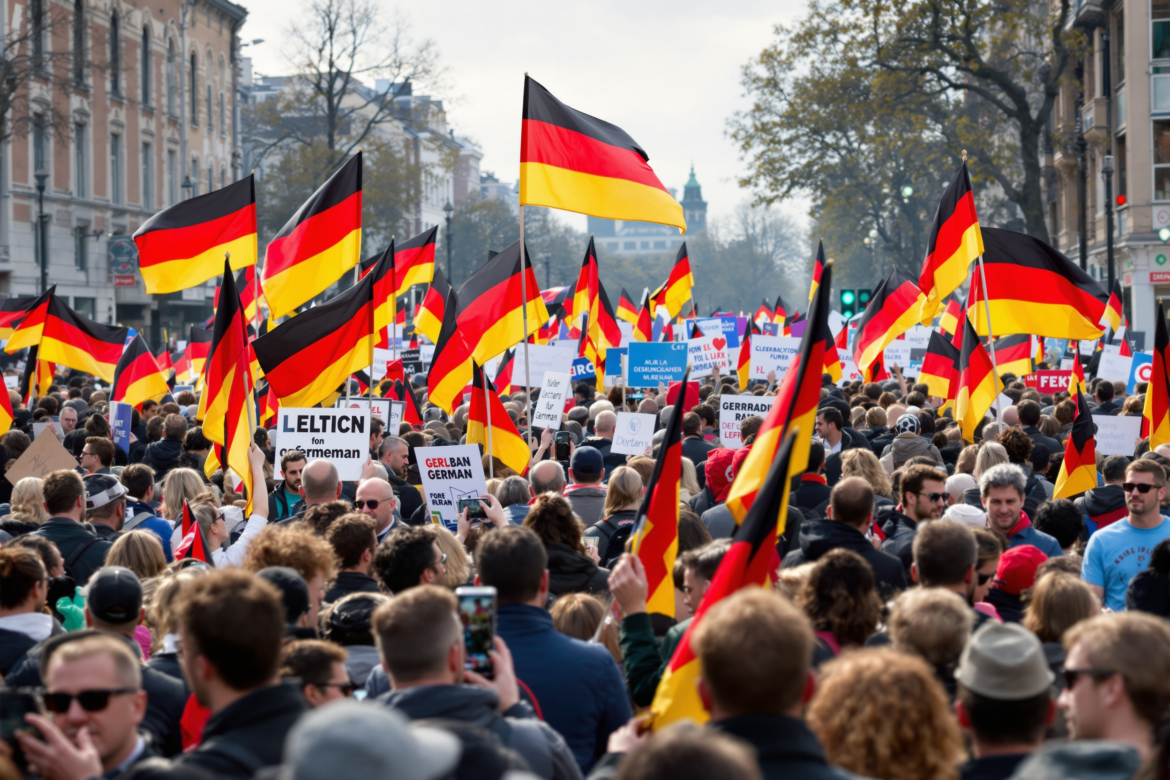Introduction
Today’s political landscape is marked by significant international and domestic developments. Highlights include U.S. Secretary of State Marco Rubio’s diplomatic visit to Panama, political turmoil in Pakistan involving former Prime Minister Imran Khan, and debates over asylum reforms in Germany amidst rising tensions.
Political Overview
The global political scene is witnessing shifts in diplomatic strategies, legal challenges, and policy debates. The United States continues to assert its presence in Central America, Pakistan navigates internal conflicts, and Germany prepares for a crucial federal election with immigration policies at the forefront.
Key Developments
- U.S. Secretary of State Marco Rubio’s Visit to Panama
- As reported by Reuters, Marco Rubio’s visit underscores the U.S. administration’s strategic interests in the Panama Canal, reflecting President Trump’s ambitions to enhance control over critical international trade routes.
- Imran Khan’s Legal and Political Challenges in Pakistan
- According to Reuters, Imran Khan’s decision to end reconciliation talks with the government follows his recent conviction, signaling escalating political instability in the region.
- Germany’s Asylum Policy Debate Amid Federal Elections
- The upcoming German federal election is being shaped by parties’ stances on asylum reforms, as detailed in Reuters. This follows a series of violent incidents that have intensified public and political discourse on immigration.
In-Depth Analysis
- U.S. Strategic Interests in Panama: The U.S. administration’s focus on the Panama Canal highlights its long-standing importance in global trade and geopolitics. Rubio’s visit could signal a renewed emphasis on securing American influence in the region.
- Pakistan’s Political Landscape: Imran Khan’s legal battles and their impact on his political career exemplify the challenges faced by leaders in volatile political climates. The implications for Pakistan’s governance and international relations are significant.
- Germany’s Immigration Debate: The intersection of public safety concerns and humanitarian obligations poses a complex challenge for German policymakers. The outcome of the election could set a precedent for immigration policies in Europe.
Additional Observations
- Public sentiment in these regions reflects a mix of support for strong governance and concerns over human rights and democratic principles. The balance between these priorities continues to shape political strategies.
Conclusion
The developments of January 22, 2025, illustrate the interconnectedness of domestic politics and international relations. As these stories unfold, their outcomes will likely influence not only the involved nations but also the broader geopolitical landscape.

